The atmosphere at the Stade de France in Paris in 1999 was both intoxicating and intimidating for those of us in the stands.
A stirring rendition of La Marseillaise had whipped up the noise level from raucous to evangelical and, to be honest, Flower of Scotland, performed at the wrong tempo, sounded pretty insipid and a bit of a dirge by comparison.
It’s not as if the local fans had much idea about the references to “proud Edward’s army” and “sent them homeward tae think again”.
And, judging by the unconvincing lip-synching of a few of the Scottish players, they were equally in the dark.
But, whatever the merits of the anthems, they were irrelevant to the outcome – Les Bleus might have surged into the lead, but were subsequently blown away by the visitors, who scored five first-half tries in one of the greatest displays ever witnessed at the venue, which helped Gary Armstrong’s men win the last Five Nations Championship.
I only mention this, because yet another campaign has been launched to ditch Flower of Scotland, following negative comments made about it by former national coach, Jim Telfer, in the build-up to the release of a new film, The Grudge, which relates the dramatic story behind his team’s thrilling 1990 Grand Slam triumph.
Personally, I’ve a few issues with the book on which this documentary is based, which maintains opposition to Margaret Thatcher and the controversial poll tax was one of the motivating factors in the success of David Sole’s men during their campaign.
Warriors, but not class warriors
As somebody who covered the Scots’ surge to their Holy Grail, I think it’s a ridiculous argument and believe their achievement owed far more to the collective talent of the squad, the take-no-prisoners mentality of coaches Telfer and Ian McGeechan and the way the players were spurred on by the complacency of their English rivals, who arrived in Edinburgh as favourites and treated the occasion as if it was a weekend break.
It stretches credibility to regard the likes of Sole, the Hastings brothers, Finlay Calder and others in the ranks as political agitators, determined to resist the forces of monetarism.
Yes, they were warriors, and Telfer later described himself as “the first socialist to make a difference at Murrayfield”, but they weren’t class warriors.
Yet, whatever the merits of The Grudge – and it is a very entertaining and inspirational piece of nostalgia – there is no doubting it has reprised the question of whether Flower of Scotland should continue to be wheeled out at sporting tussles.
Telfer recalled standing next to Princess Anne during his time as a coach and being embarrassed when the English anthem was booed by large numbers of Scottish fans.
The 82-year-old said: “That was a terrible atmosphere.
“Flower of Scotland is a great song in a way and it does get the hairs on your neck straightening and standing up, but, because it’s against another country, I still don’t think it’s the ideal anthem.”
Labour’s Lord Jack McConnell and Conservative MSP Murdo Fraser are among those who have waded into the debate, criticising the song as “jingoistic” and “negative”.
But, in a sense, aren’t all these songs meant to rouse the troops, make them feel pride in their country and remind them they are playing for more than just themselves?
The trouble is, though, Flower of Scotland only really works against England – and only if you regard it as appropriate to hark back to the Battle of Bannockburn which, given it happened 709 years ago, hardly chimes with modern audiences.
Yet, if there is a clamour for change, what’s the alternative?
Not surely Scotland the Brave which, for me, resembles a shortbread tin with its Brigadoon banality and such Valentine vibes as “the love that shines, From fair maidens’ eyes”.
Highland Cathedral has a certain charm and plenty of champions and there are the Robert Burns compositions A Man’s A Man for A’ That and Scots Wha Hae, but do they possess the rousing qualities which can sometimes be the catalyst for sporting glory?
In the past, I’ve advocated for Dougie MacLean’s Caledonia, which possesses the right mixture of poignancy and passion about Scotland’s myriad qualities and the haunting lines: “Oh, but let me tell you that I love you, That I think about you all the time, Caledonia you’re calling me, And now I’m going home”. That’s beautiful. But is it too much a ballad rather than the strident call to arms which is often required?
One song which does tick the boxes in that regard is (I’m Gonna Be) 500 Miles by the Proclaimers, which is already a favourite with many supporters and whose chorus sums up the enthusiasm and dedication shown by those who follow Scotland, whether it’s in football, rugby, cricket or at the Commonwealth Games.
However, it would need Craig and Charlie Reid to amend the lyrics and quite substantially, given such references as: “When I get drunk, well I know I’m gonna be the man who gets drunk next to you”. Just try getting that past the health lobby.
Anthems can’t spark miracles
It’s a cop-out to conclude that Flower of Scotland is the best of a bad bunch – and it’s not even true – but perhaps we need a Eurovision-style contest to create a new song.
One note of caution… Following the giddy whirl of the 1990 Grand Slam, Scotland met England 10 times in that decade – and lost the lot of them.
Anthems will only take you so far!
The Grudge premieres on BT Sport on Friday, January 20.
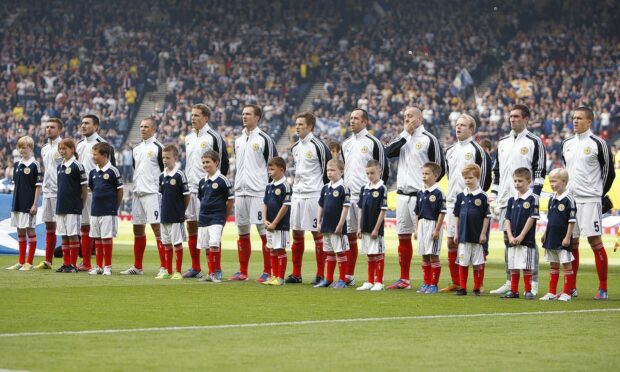

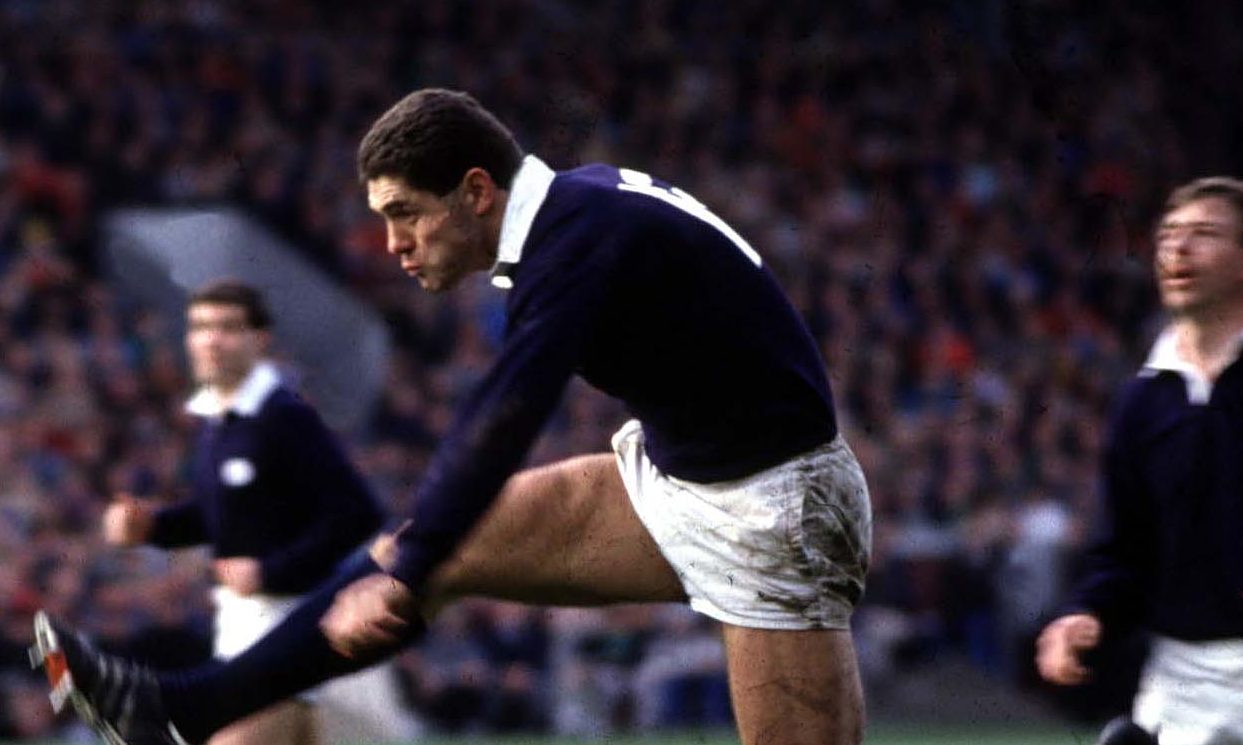

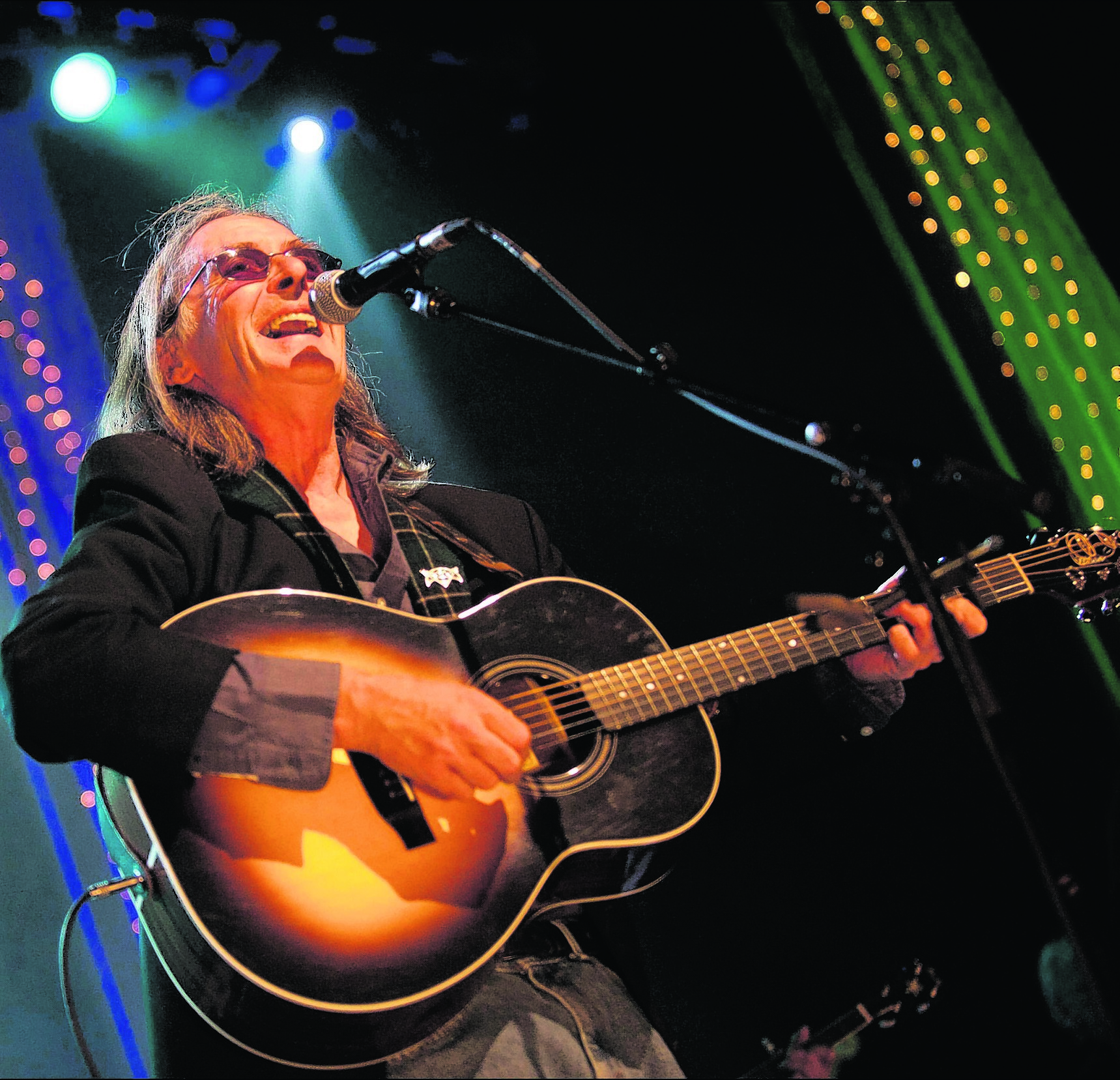
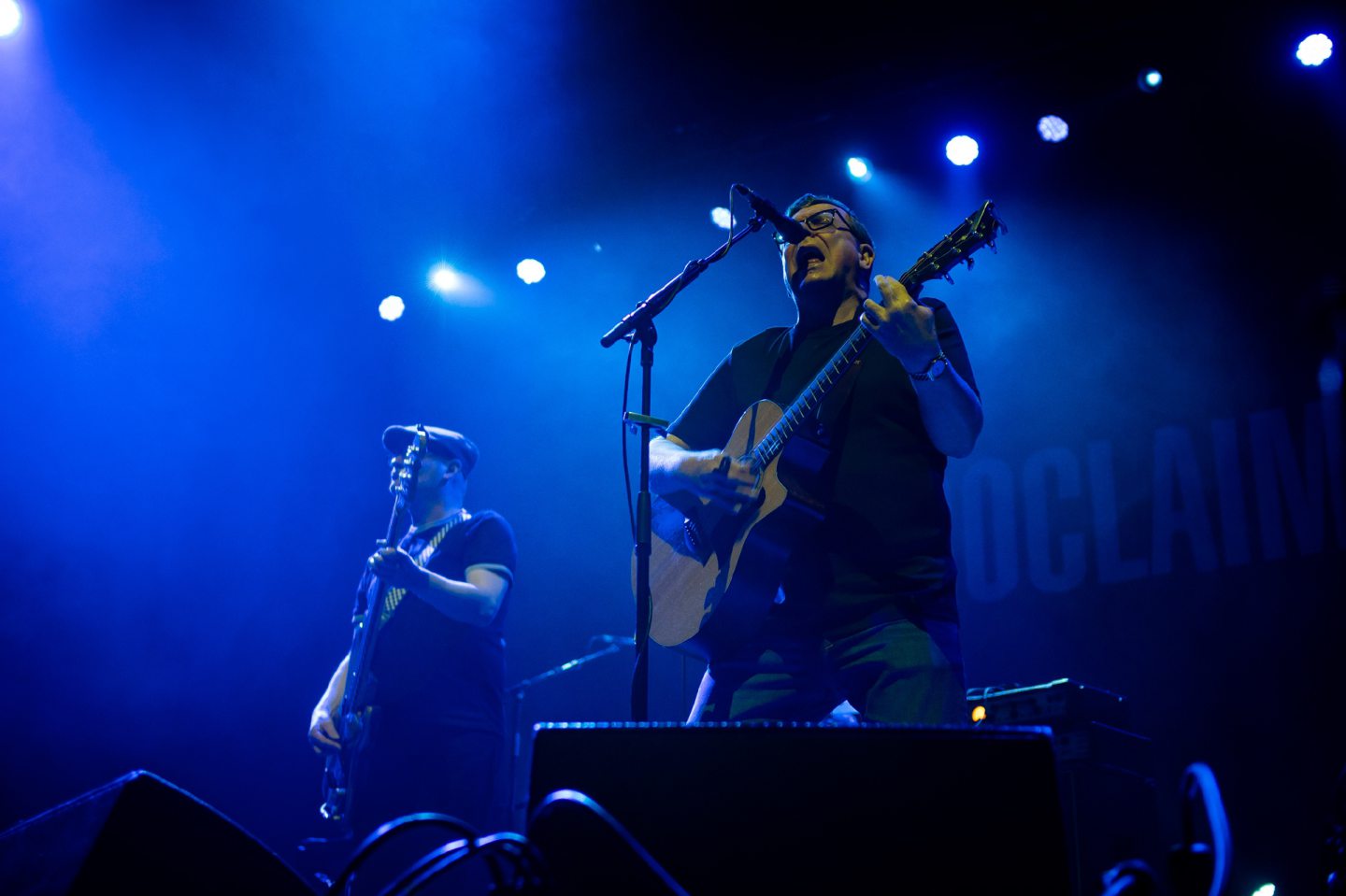






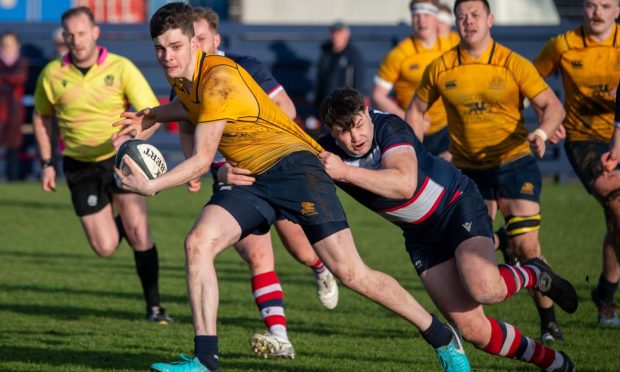


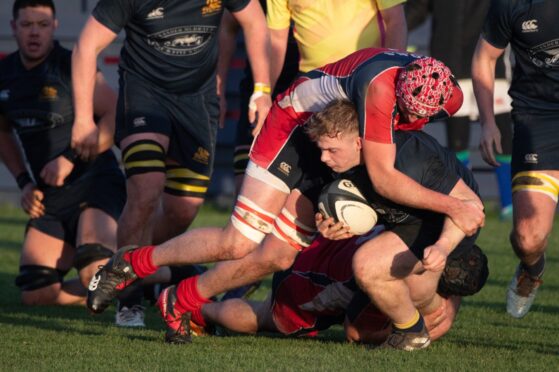
Conversation